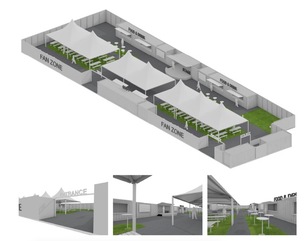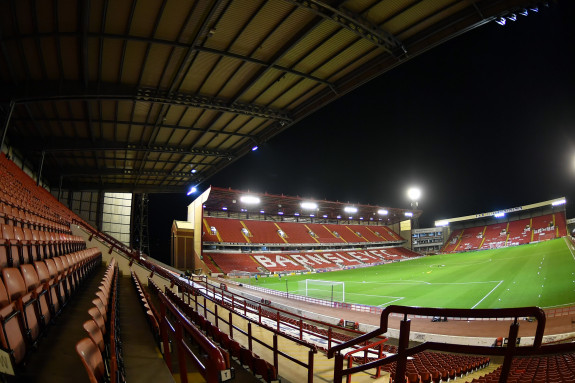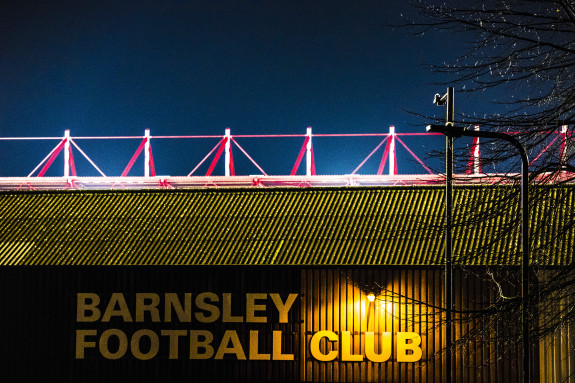I’ve just been to see an amazing exhibition at The British Museum in That London (and of course The British Museum should be in Barnsley, but that’s an argument for another day) called Silk Roads.
It’s about those trade routes that began thousands of years ago and that cover huge parts of the world from China and Japan through those mysterious places in central Asia that have changed names so many times over the years and across Europe, ending up in places like Sutton Hoo in Essex and Jarrow in the north-east.
The exhibition underlined two things for me: one is that people have always made their way across the globe and the other is the importance of the road in the building of civilisations and cultures.
I often, as a mind exercise, try and think about things that are ordinary and everyday but which I don’t usually give much attention to.
Wardrobes, for instance. Breeze blocks. Oxtail soup. Fenceposts. You may say I’ve got too much time on my hands, and that’s probably true, but these kinds of things don’t half get you pondering. And that’s why, as a consequence of going to that exhibition, and because I’ve been stuck on a bus at red traffic lights more often than usual lately, I’ve been pondering roads.
Roads are such obvious things that it’s not surprising we don’t give them more thought. They take you from A to B (that’s Athersley to Billingley if you’re from round here) and sometimes you can move quickly along them and you sometimes you get stuck in traffic and sometimes, even in these days of sat-navs, you get a bit lost and you end up going down a road you’ve never been down before; the more I think about roads, the more interesting they get.
Of course the route of a road is often an ancient one - in Darfield, Saltersbrooke Road is part of an old salt route (hence the name) where salt would be transported from the salt mines of Cheshire to centres of population to, presumably, sprinkle on their chips.
Darfield was a powerful and important Roman settlement so of course Roman soldiers would have wandered along Darfield’s ancient roads, their armour clanking and their swords flashing in the sunlight.
This longevity of roads got me thinking about why a road goes in a certain direction, why it follows a certain route. The aforementioned Romans were famous for building long straight roads and the A635 from Barnsley to Doncaster is pretty long a mainly straight, even though, as far as I know, it isn’t a Roman road.
Straight roads make sense, as do roads that seem to hug the route of a river, but what about those roads that suddenly take a sharp turn for no apparent reason?
They’re more mysterious and the swerve may be something to do with land ownership, or subsidence, or maybe there was a fold in the plans that the roadbuilders didn’t notice. I admit that last reason isn’t very likely, but you never know.
On my early stroll at about 0520 each morning I follow the same route like a Roman soldier on patrol and I notice the equivalent of The Silk Road happening every day as the movement of goods and services happens. The van delivering the newspapers is parked outside a shop which has yet to open. A baker’s van pulls up at a different shop. Huge wagons from the Aldi distribution centre at Highgate rumble by. The early X19 passes, as does the first 218 and the first 27, taking people to work to, in the case of the 27, a place where they fill trucks that then set off along the new road where the railway line through Grimethorpe used to be.
Cars pass. Cyclists pass. Someone runs along the pavement, their headtorch bobbing up and down.
If a road out of Barnsley is blocked then it seems like the whole of the town comes to a halt; it makes me realise that there are only a certain number of routes in and out of a place and that if you can’t use them for whatever reason, then they are rendered useless.
A road is only as good as the people and goods it carries, and if it can’t carry them then it’s just a strip of tarmac.
And one day they might call a road the Ian McMillan Parkway, with a statue of me at either end, like a pair of bookends!





























